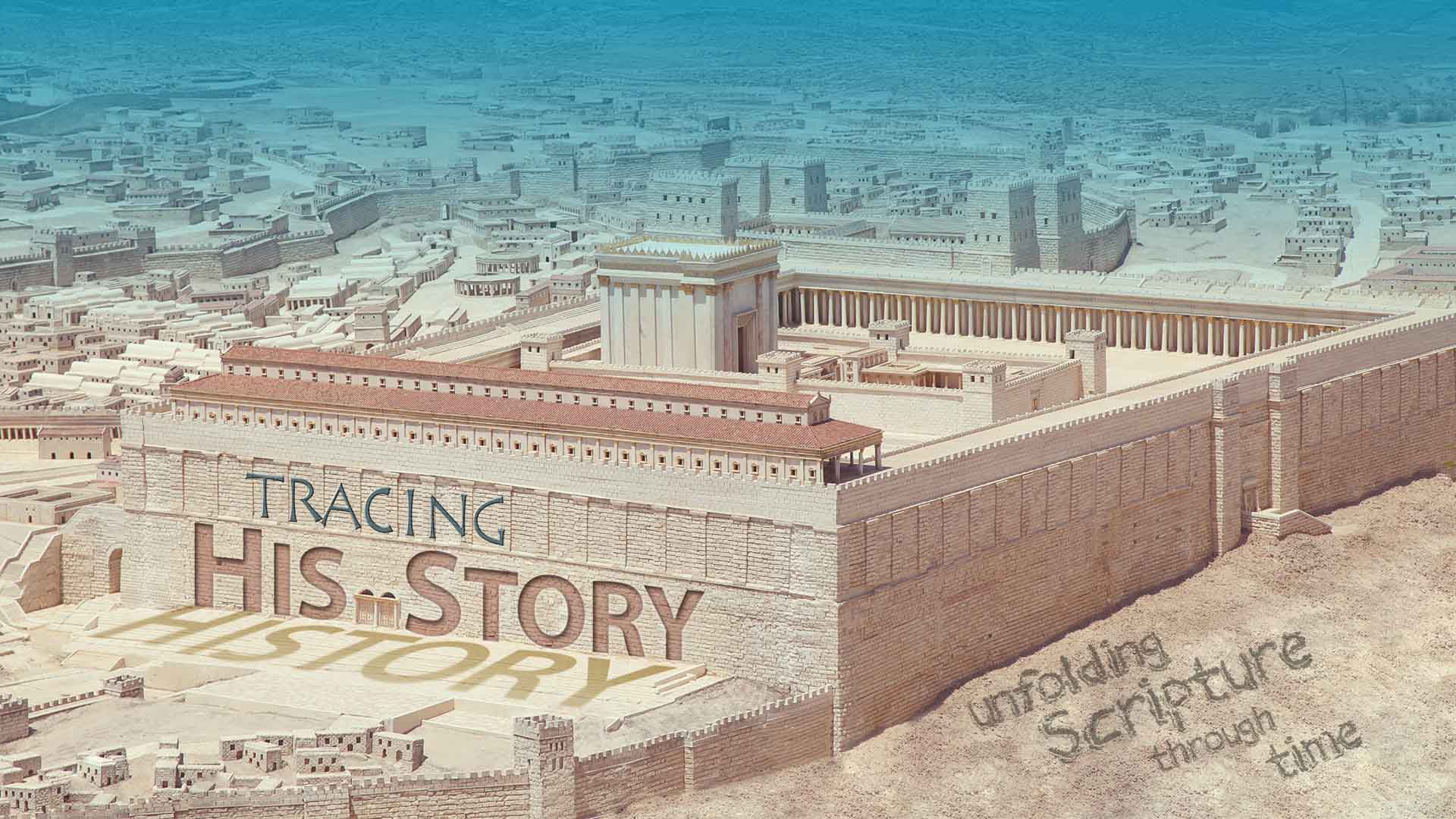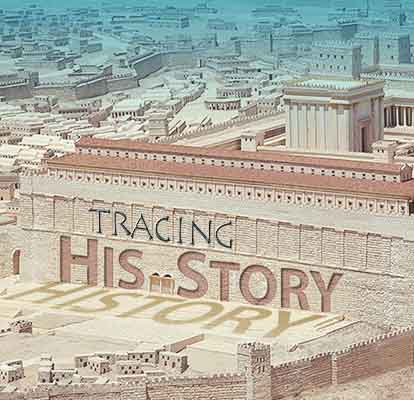


Epoch 1
The Beginning:
from creation to scattering
Creation to 2000 BC
How did everything come into existence? Where do we truly come from, and why does it matter? The opening chapters of Genesis, the first book of the Bible, take us back to the very beginning, answering life’s deepest questions with clarity and wonder. In this first epoch of Tracing His Story, we journey through the remarkable events of Genesis 1–11, setting the stage for understanding the entire biblical narrative.
In the beginning, God created the heavens and the earth.
Genesis 1:1
The Bible begins without apology or debate. God simply speaks, and creation springs forth. With majestic simplicity, these chapters reveal a powerful, purposeful Creator, effortlessly calling the universe into existence. God separates light from darkness, divides land and sea, and fills the earth with abundant life—trees, birds, fish, animals—all uniquely formed with stunning creativity. Even today, humanity still marvels at the endless diversity and beauty crafted in these opening moments, discovering species and mysteries that testify to the infinite imagination of God.
But God’s greatest act of creation was humanity, uniquely fashioned in His own image. Unlike anything else, men and women bear the imprint of the divine, created to reflect God’s character, to care for His creation, and to spread His glory across the earth. Humanity’s profound dignity and purpose emerge clearly here: we are meant to be mirrors of God’s own goodness.
Yet, the story takes a tragic turn. Despite the beauty of Eden and the intimacy of walking with God, humanity quickly chooses rebellion. When tempted by the serpent’s cunning words, Adam and Eve trust their eyes rather than God’s command. The forbidden fruit looks pleasing and desirable—an enticing promise of wisdom apart from God. But the serpent’s twisted truth plunges humanity into shame, blame, and alienation. Sin fractures relationships, spoils creation, and ultimately separates humanity from the Creator who gave them life.
God’s response to human failure reveals His character of mercy and justice intertwined. Even as He pronounces judgment, expelling them from Eden, God graciously provides garments to cover their shame. He begins to hint at redemption, promising one day to restore what sin had broken.
Humanity’s descent accelerates dramatically. From Cain’s jealous murder of Abel to the pervasive wickedness in Noah’s time, human hearts consistently turn away from God, driven by self-interest and violence. It’s a sobering reality that every inclination of humanity’s heart was toward evil continually [Genesis 6:5]. Yet, even amidst righteous judgment through a worldwide flood, God chooses mercy again, preserving Noah’s family and renewing His call for humanity to multiply, fill the earth, and reflect His image.
After the flood, God places a rainbow in the sky—a symbol that He would never again wipe out life on earth. This “bow” isn’t merely beautiful; it symbolizes God’s profound promise that the next act of ultimate judgment would fall upon Himself, not humanity. Here we see an early shadow of the cross, where God would one day absorb sin’s full cost Himself, reconciling broken humanity through Jesus Christ.
Finally, humanity tries once more to build a future without God at Babel, seeking their own glory rather than His. God scatters them, creating diverse languages and cultures. Yet even in dispersing humanity, He remains sovereignly committed to His original plan—His glory reflected across every corner of the earth.
This compelling narrative from creation to Babel lays essential foundations for the rest of Scripture. It reveals humanity’s persistent struggle against sin, God’s unwavering justice and mercy, and the promise of redemption that echoes throughout history.
Explore the drama, beauty, and meaning of this powerful story in our Epoch 1 video. Discover afresh how these ancient events shape your understanding of God, yourself, and the world around you. Join us in tracing His story—a journey from the dawn of creation toward the promise of restoration and hope.





